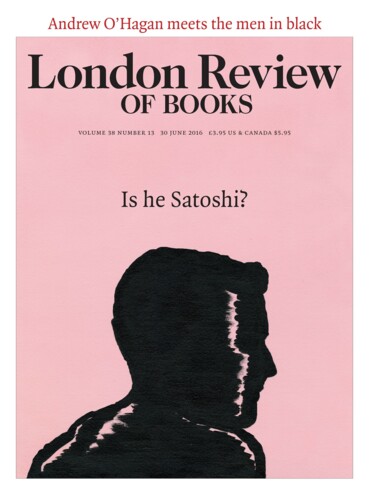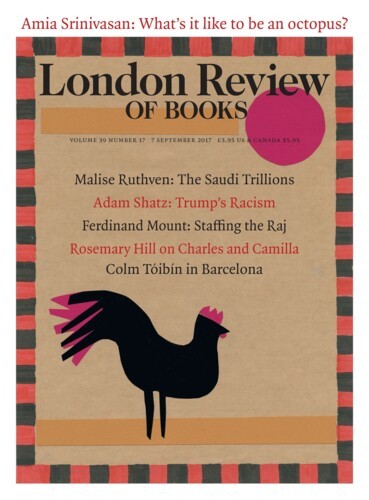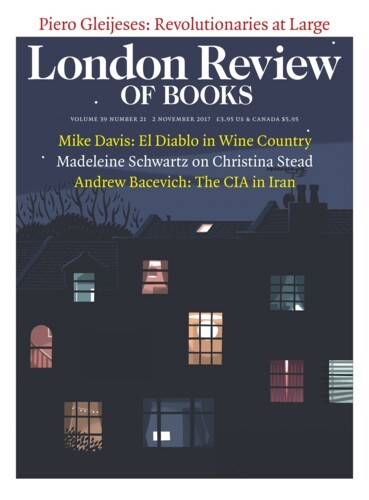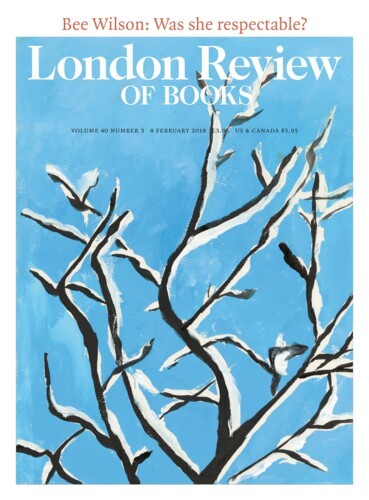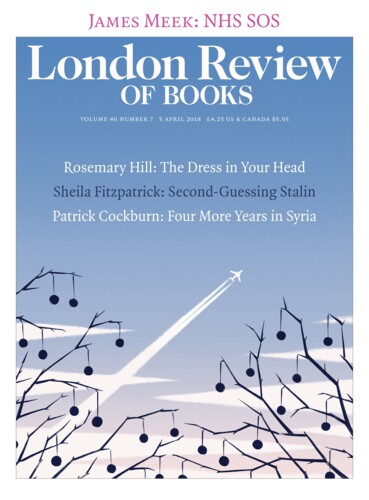Money, Sex, Lies, Magic: Kepler’s Mother
Malcolm Gaskill, 30 June 2016
In autumn 1937 a statue of Katharina Kepler was unveiled in Eltingen, the village near Stuttgart where she had been born three centuries earlier. Barefoot, wearing a shift, sickle in hand, she represented the ideals of rustic nobility and honest toil cherished by the Third Reich. The mayor said that Frau Kepler also stood for the determination to uphold truth in the face of persecution:...
